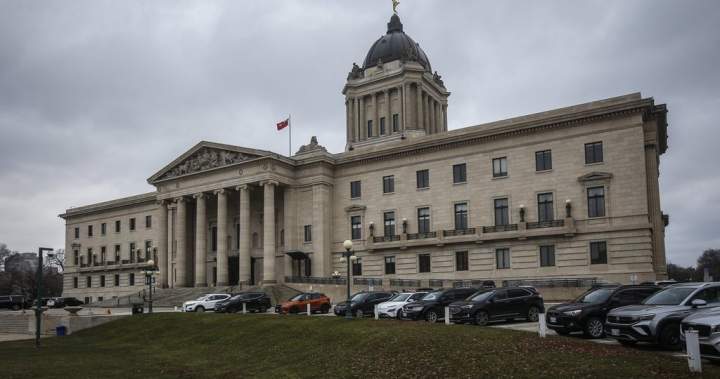Listen to the article
Manitoba is set to pass landmark legislation to combat election disinformation, including fines of up to $20,000 per day for failure to remove false content. The bill, which was introduced in March based on recommendations from the province’s chief electoral officer, is expected to receive final approval as the legislative session concludes today.
The comprehensive anti-disinformation measure specifically targets so-called “deepfake” videos that falsely portray candidates, creating a legal framework to address this growing technological threat to electoral integrity. Beyond deepfakes, the legislation establishes penalties for spreading intentionally misleading information about voter eligibility, election officials’ conduct, and companies that provide ballots and vote-counting machines.
Electoral disinformation has become an increasing concern across democracies worldwide, with sophisticated technology making fake content more convincing and easier to produce. Manitoba’s legislation represents one of Canada’s most direct legislative responses to this emerging challenge.
The bill is among several pieces of legislation expected to pass before the Manitoba legislature adjourns its current session. Also scheduled for a final vote is a bill implementing tax changes announced in the provincial spring budget, though specific details about these tax measures weren’t outlined in the initial report.
Election integrity experts have long advocated for legal frameworks to combat disinformation, particularly as artificial intelligence tools make creating convincing fake videos and images increasingly accessible to the general public. Such deepfakes can potentially sway voter opinions when strategically deployed during campaign seasons.
The Manitoba government, led by the New Democratic Party (NDP), is expected to reconvene the legislature later this month with a throne speech outlining its agenda for the coming year. This upcoming session will likely build upon the legislative groundwork being completed in the current session.
The $20,000 daily fine represents a significant financial deterrent, demonstrating the provincial government’s serious approach to combating electoral misinformation. The penalty structure suggests an enforcement mechanism designed to encourage rapid removal of false content rather than merely punishing after-the-fact violations.
Concerns about election misinformation have grown significantly in recent years, particularly following high-profile cases in various jurisdictions where false information spread rapidly through social media and other digital channels. Manitoba’s approach follows recommendations from election officials who have firsthand experience with the challenges posed by digital misinformation campaigns.
While the legislation targets specific types of electoral falsehoods, it will likely face implementation challenges, including determining what constitutes “false information” versus legitimate political discourse or opinion. How the province plans to enforce these new regulations and what agencies will be responsible for identifying violations remain important considerations for the effectiveness of this legislation.
The bill reflects a growing recognition across Canada and globally that electoral systems need updated protections against technological threats that weren’t envisioned when many existing election laws were drafted. As digital communication continues to evolve, legislatures across Canada are likely watching Manitoba’s approach as they consider their own responses to similar challenges.
Fact Checker
Verify the accuracy of this article using The Disinformation Commission analysis and real-time sources.



